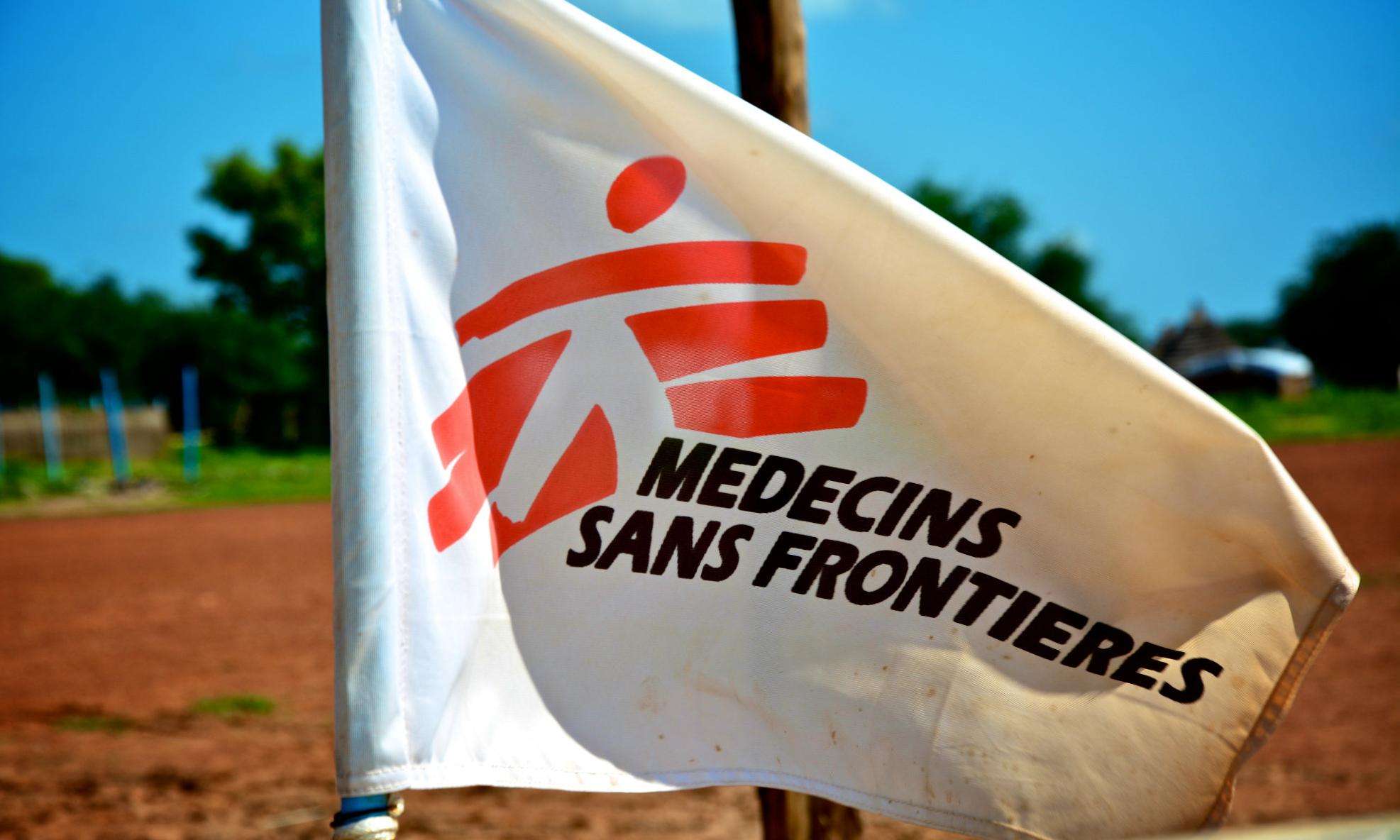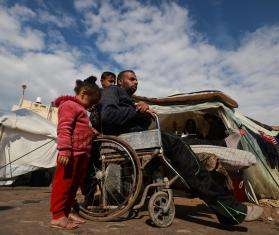Traversing the seas off the coast of Papua New Guinea’s Gulf Province can be treacherous. For around five months a year, the South East trade winds—known locally as laura bada—regularly howl at around 30 knots per hour, whipping up huge waves and ensuring many of the small open boats used in these parts remain moored.
While the province is not completely isolated during those months, it is remote. It lies over 300 kilometers [nearly 200 miles] to the west of the capital Port Moresby. Mountainous, covered by lush forests, and bisected by rivers and tributaries, it is barely served by roads.
It’s largely a land without Land Cruisers, the four-wheeled workhorses often used by Doctors Without Borders/Médecins Sans Frontières (MSF) in operations around the world. This makes accessing and treating patients in the tuberculosis (TB) program that MSF been running since May 2014 particularly challenging. When patients with a high burden of TB live in such remote regions, what’s the best way to ensure they receive the necessary treatment and follow-up care?
“We Have to Think Differently”
"It’s a place where we have to think differently," says Tokyo-based Dr. Isaac Chikwanha, MSF deputy program manager and medical advisor for Papua New Guinea.
From the best ways to deliver sputum samples for diagnostic tests from remote areas—unmanned aerial vehicles were trialed last year—to how treatment is administered, to simply accessing patients, that different thinking is manifesting itself in numerous ways. Outreach is the key. Around 85 percent of Papua New Guinea’s population lives in rural areas, and the majority of Gulf Province’s approximately 158,000 residents live in diffuse communities spread out over miles. "In Kerema we have a cohort of over 200 patients from three facilities, but not much idea what’s happening in the rest of the province, because of access," says Chikwanha. "So the problem could be much bigger."
In late August an MSF outreach expedition was undertaken from Kerema to the town of Ihu, to explore the potential of a largely overland route from Kerema to the nine basic medical facilities in that area of the province, which are otherwise practically inaccessible during the laura bada. The arduous three-day journey through forests and over rivers is not ideal, but it’s better than no access at all. In the past year MSF teams identified 22 drug-resistant TB patients in Kerema alone who otherwise would have gone without treatment.
An Uphill Battle
MSF began its TB program in Gulf Province in May 2014, working closely with the National Department of Health and the National Health Program. A similar program has been running in National Capital District. In these regions, TB is responsible for more hospital admissions than any other infectious disease. Treatment can take six months or up to two years, in the case of drug-resistant TB (DRTB).
"There is a high stigma still to have TB, but by far and away what is happening is mostly good,” says MSF assistant medical coordinator Philomena Tatireta, a Papuan who prior to joining MSF worked at AGNAU Memorial Hospital in Lae. “This not an ‘emergency project,’ it’s in its first moments, really, and there remain lots of challenges from the logistical to geographic.” Ensuring patients can access treatment is only one of many challenges, however. Papua New Guinea is home to an incredibly diverse number of tribes and communities, with different customs and languages—over 800 are spoken in the country. Neighboring communities can have extremely different attitudes about diseases like TB, further complicating MSF medical outreach.
Moving Forward
Despite the challenges, MSF and the Ministry of Health remain committed to this new project. Bringing treatment to patients can be difficult, but it's helping to save lives. “To be honest, the fact that MSF is trying to help my people is what keeps me going,” says Tatireta. “They’ve taken the first step to help in the Gulf Province, which has really been neglected for so long.”
MSF runs two TB programs in Papua New Guinea, in Gulf Province, launched in May 2015, and in National Capital District, launched in March 2015.




